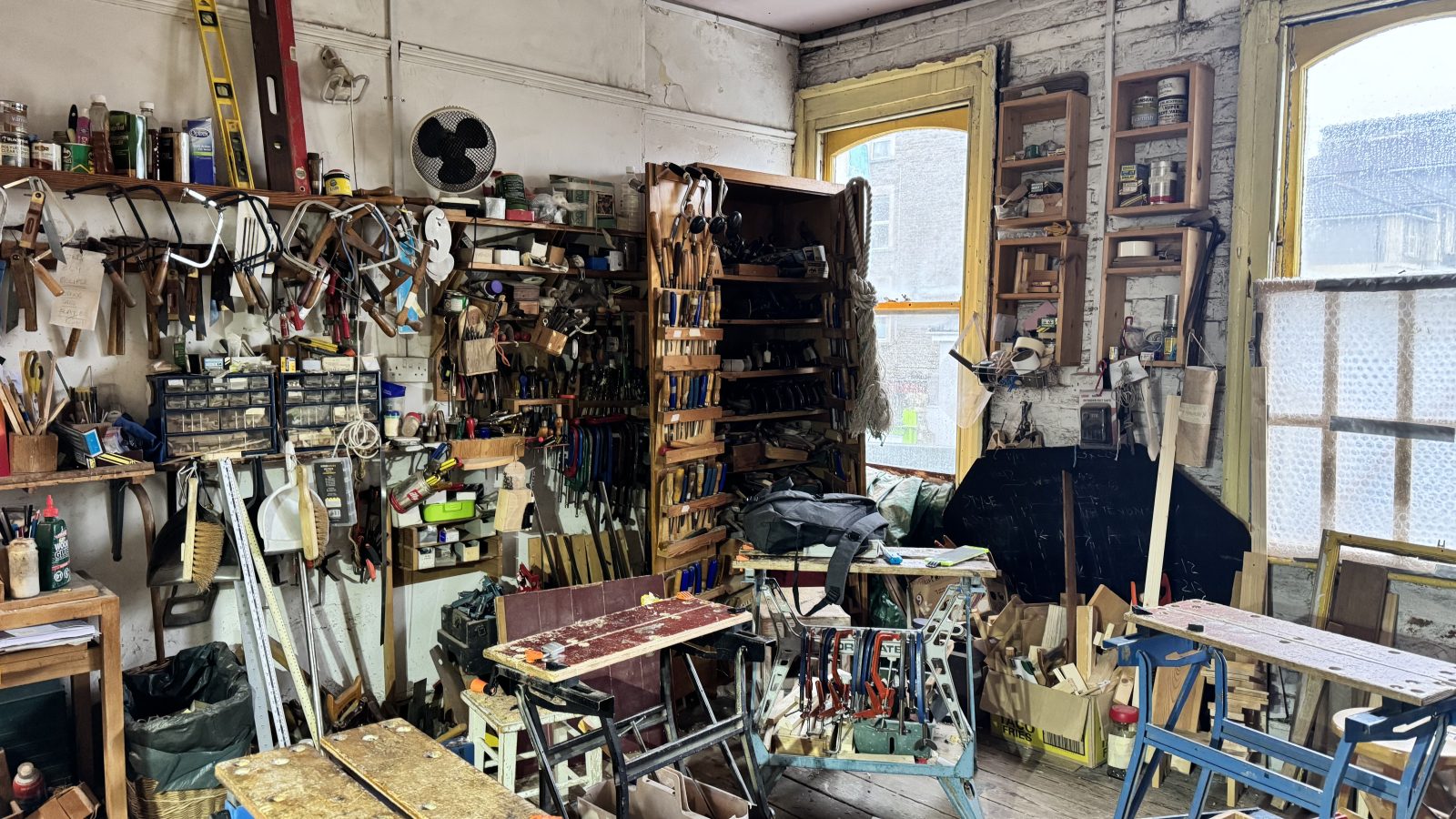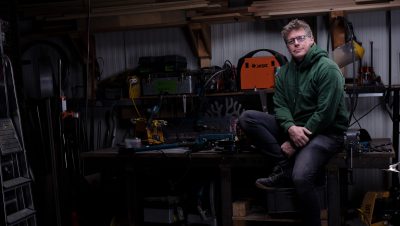Homes and Gardens / Bristol Women's Workshop
Countering consumerism by creating
DIY has been big for a while but no longer is it just for the penny pinchers, the couples doing up their first home or the travellers converting their vans.
DIY has reinvented itself.
It is now upcycling what you already own, sifting through vintage furniture markets for that diamond in the rough, scanning Facebook Marketplace or furiously bidding on Ebay for that thing you saw brand new that you know you can absolutely get cheaper second hand.
is needed now More than ever
For some people it comes down to price or sustainability; for others it’s about finding something unique, of high quality and with history and value infused into it over the decades.
Essentially, it’s everything a certain Swedish meatball-loving superstore isn’t. “We don’t say the four-letter word here,” says Anne Harding, creator of Bristol Women’s Workshop.
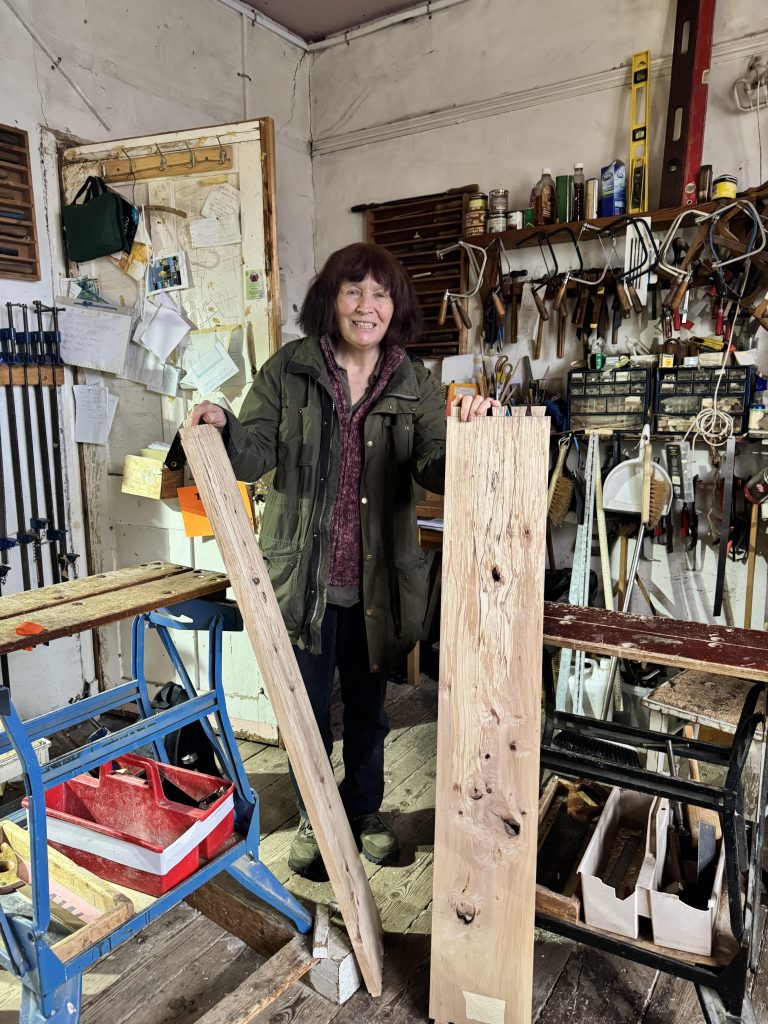
“We live in an anonymous environment where there’s nothing of your own in it,” says Anne
We’re in her workspace in Totterdown where the charity has been for four decades.
During that time Anne and a few other tutors have not only taught women new skills and a chance to craft something beautiful, but have also built community and empowered them through the craft of woodwork.
Anne’s passion for woodworking started young. When she sat in a woodworking class surrounded by 20 male peers, she remembers being completely ignored by the teacher who left her to her own devices.
Something had to change. So she literally carved out her own niche in the industry: she would teach women. “I think a lot of it is having role models, other kinds of young women who are doing the same thing and then it becomes possible,” Anne tells me.
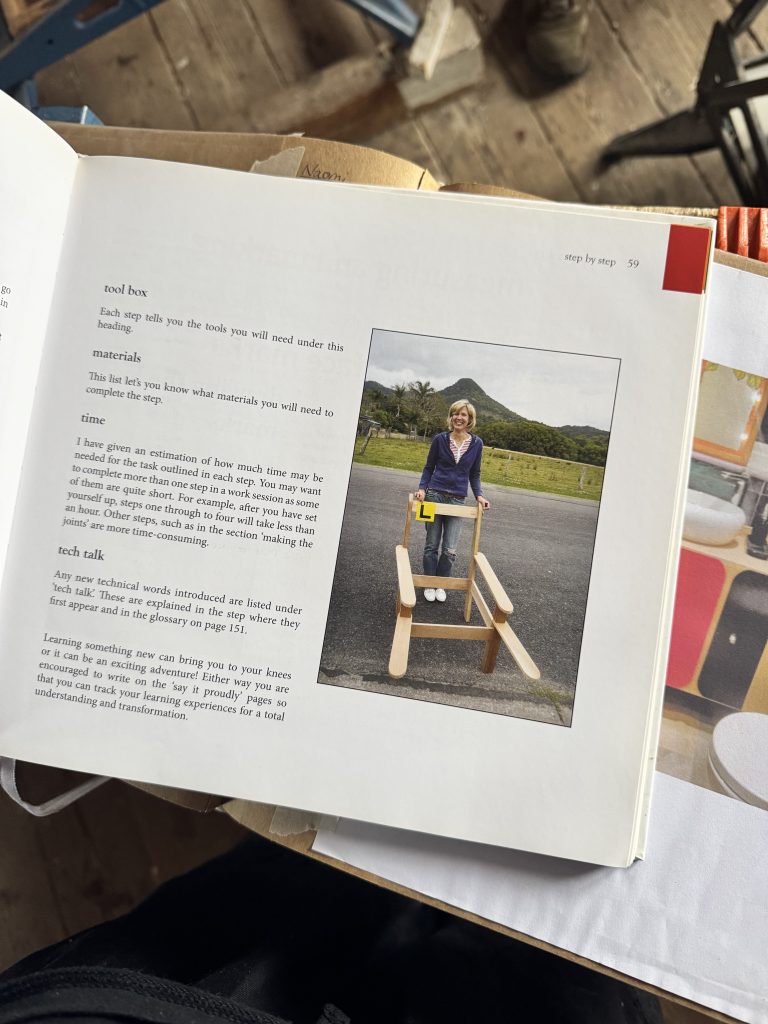
One of her former students now designs in Australia and released a booked called ‘Woodwork for Women’
“It’s much easier now. But it can still be a bit intimidating I think when you don’t know the first thing and go into a mixed class.” Based on the growing number of craftwork clubs and classes out there, and her own classes consistently fully booked, she is right.
Social media has also been great at growing crafts and making it accessible for people everywhere, makers and buyers alike. “When we started here, it was about making it a friendly space for women, making it their space and introducing them into something that we might have had the enjoyment of for millennia,” Anne explains.
With the ushering in of technology into our everyday lives, we’re all staring into a screen one way or another. “I’m surprised we’re still here, but it seems that a lot of younger women have jobs they absolutely hate.”
So this becomes an activity that can be more meaningful in a different way. Anne explains that “the system wants you to be a consumer, there is no satisfaction in just being a consumer”.
She says: “I think a lot of people really often want to do something with their hands, have the idea and then realise it through dimensions.
“It is so disconnected now, you don’t know what the process is and it’s kind of because we live in a world where you haven’t really got much what I call first hand competence.
“We might be able to press things on the computer, but you don’t really know how a commuter works.”
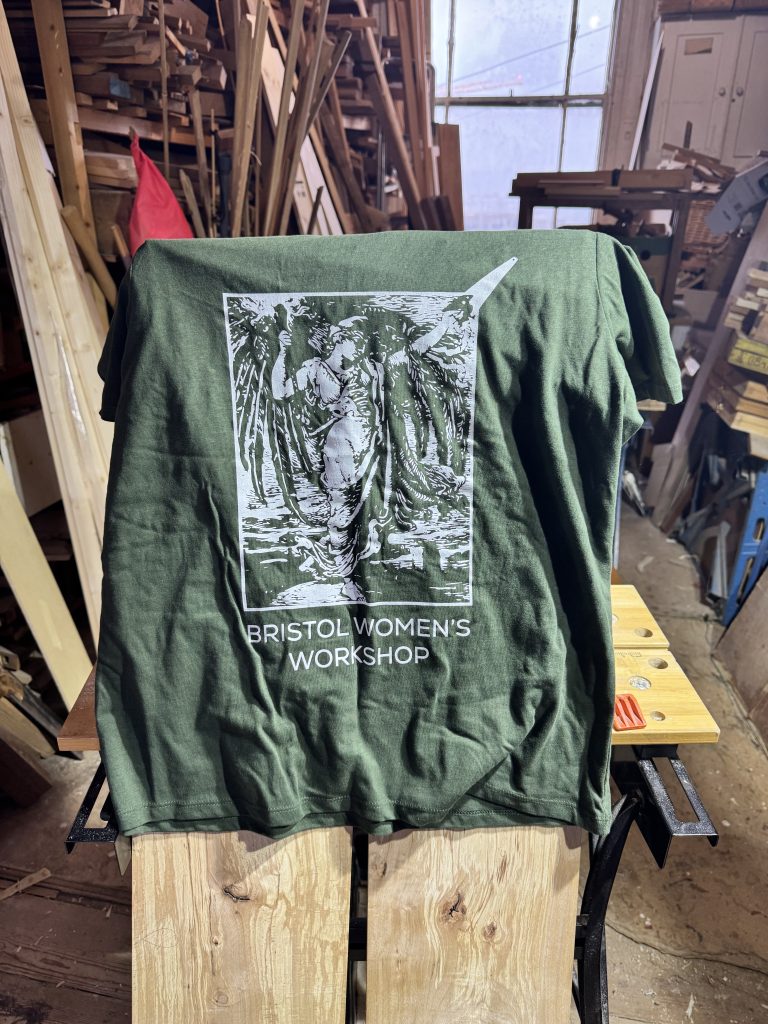
Feminist inspired T-shirt made for the BWW
These courses aren’t just instilling women with confidence in their ability; there is a sense of camaraderie. Simply put, it’s joyful, Anne says: “The nice thing about the project evening is the women help each other. They get to see a whole range of projects that other women are making.
“They get a second pair of helping hands, it’s a really nice atmosphere. They’ve got their own WhatsApp group where they send pictures of what they’ve made at home.
“There aren’t many contexts in which you see that, you can see the difference that makes and the sense of being supported by another group of women. Whoever moves forward, everybody’s glad that they move forward. It’s a gain for everybody.”
While the workshops remain busy, Anne isn’t complacent: “I came across this phrase ‘the vanishing skills of the hands’. I hope they’ll never vanish, but they kind of did diminish in accessibility for a while.
“When you think people have always had these resources just forever. It would be horrible to be like the first few generations where everything is online and nobody does anything anymore.”
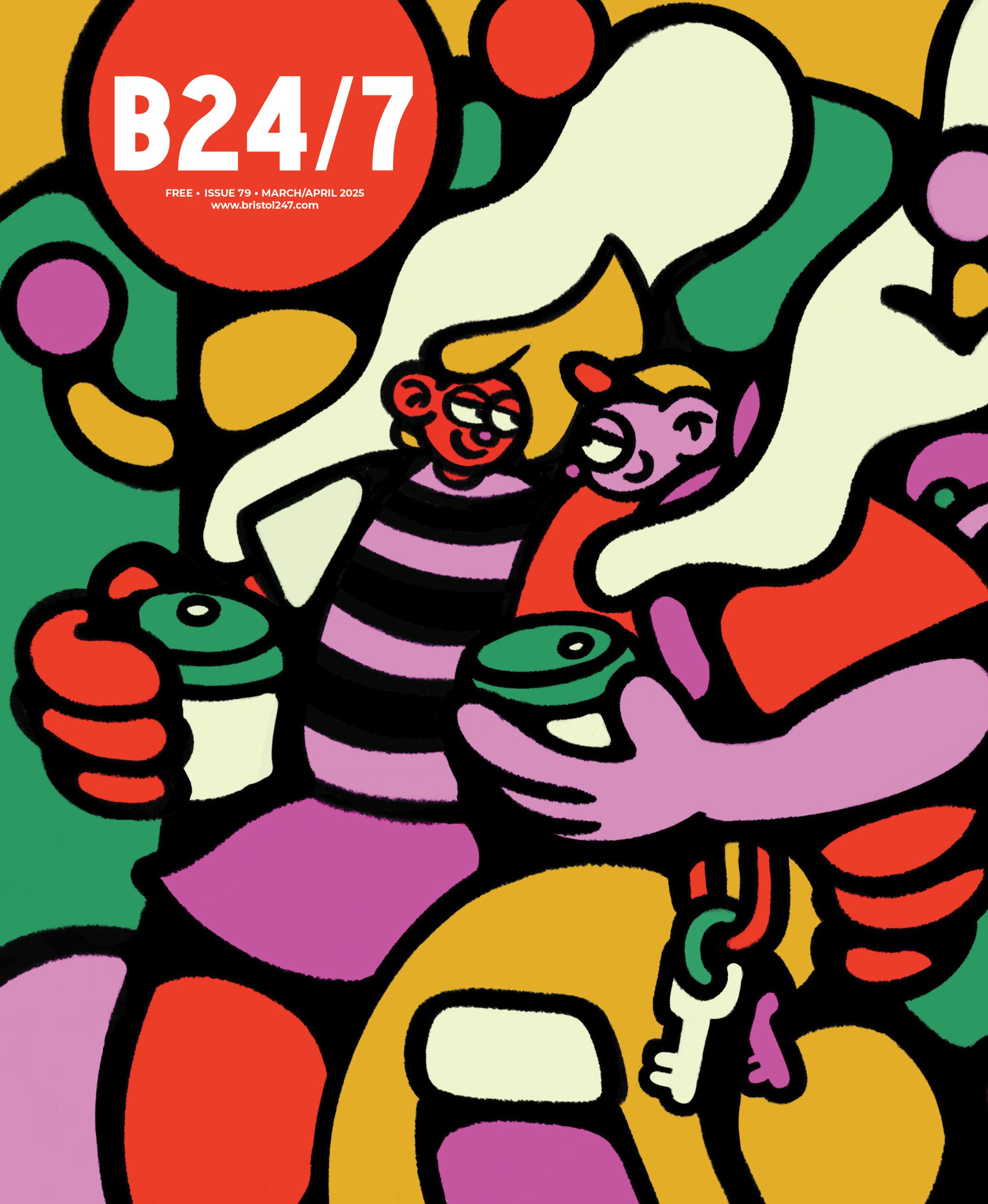
This article is taken from the March/April 2025 Bristol24/7 magazine
All photos: Hannah Massoudi
Read next:
 Our newsletters emailed directly to you
Our newsletters emailed directly to you